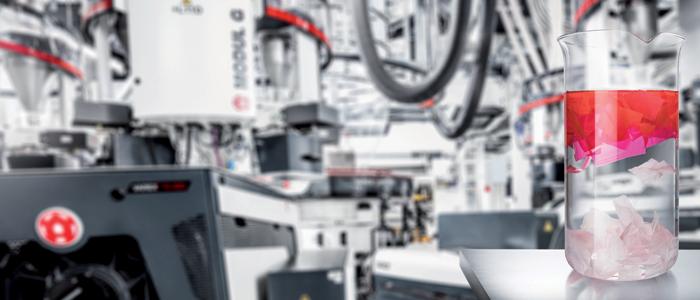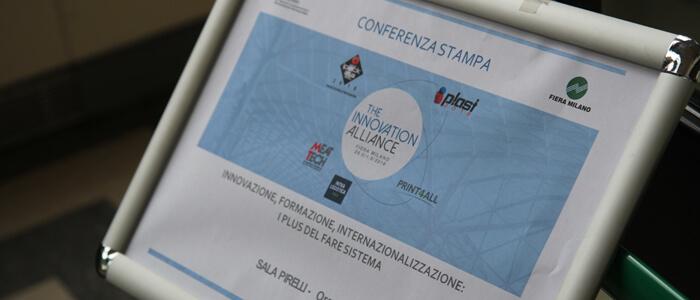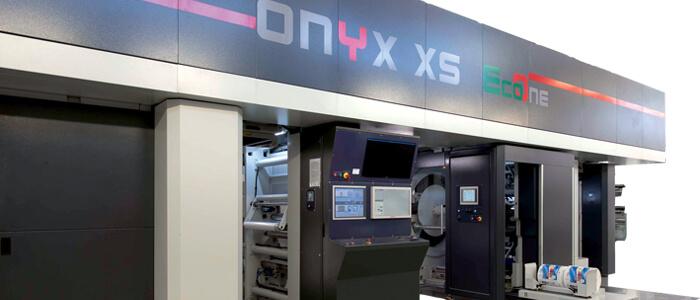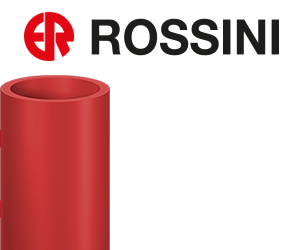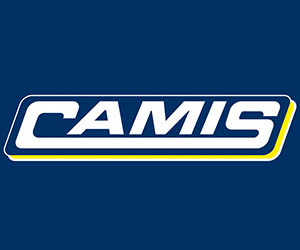Daniele Cerizzi, managing director of the Italian branch Windmöller & Hölscher after the retirement of Enrico Vogogna, has had a hard “landing” (he took office in February, just before the lockdown) and gets up with the momentum of those who had time to mature the programs and shape their enthusiasm. He has a full schedule: “We have a lot of engagements with clients and projects to develop on all types of plants. In addition, I finally took possession of the office in Lodi, off limits until the summer for the well-known reasons, which I want to enrich with new resources”. Having renewed the virtual image of the company (online on www.wuh.it), Cerizzi dedicated himself to the market and his co-workers: “I had the fortune to inherit a perfectly organized staff, with capable and autonomous people, and it is therefore easier to strengthen operations according to our ambitious commercial goals. This in the north of the country, of course, where we are very well established, but especially in the south where a first-class converting industry is flourishing”.
The Italy of flour and paper
The new manager – coming from Reifenhäuser, a direct competitor in extrusion – has an all-round development mandate in the Italian market, where the German brand is unrivalled in some segments but has a lot of room to grow in others, “both because demand is evolving, opening up new opportunities, and because our R&D is reaping the benefits of the great investments made in technology and service, presenting machines with unprecedented performance“, Cerizzi considers.
At W&H he will also take care of the packaging printing and converting machines that he loved so much in Bielloni, where he began to move in markets all over the world. And now, in Italy, how many more product lines e and sectors of reference…
“Few people know it, but W&H was founded in 1869 as a manufacturer of machines for big and small paper bags. In Italy we are absolute leaders in the cement bagging sector, where we have time-honoured customers to whom we often also supply flexo printing machines. We are also very strong in bag and shopper machines, which are experiencing a peak of demand due to the exceptional consumption of flour and related products generated by the lockdown, but also due to a culture of eco-sustainability that favors cellulosic packaging. Our machines for producing synthetic raffia bags are different: they are doing very well in Far East and developing economies, but in Italy the market still needs to be constructed“.
The plastic challenge between efficiency and sustainability
More complex is the issue of flexo printing presses for flexible packaging, where W&H has to face up to many leading brands, mostly Italian and well established. “It is an interesting market, growing in size and culture, with many entrepreneurs committed to creating new openings and business models. Our proposals here find fertile ground and the latest contracts and negotiations confirm this. The latest machines – entry level like Miraflex or state of the art like Novoflex2 – are competitive both in speed, quality and efficiency and in the management of critical factors such as, typically, waste and set up, register, difficult substrates, color or frendly use of accessories (cleaning doctor blades on Novoflex, for example)…. And soon we will have something to say about the digital side too”.
What about extrusion lines?
“It has been my market for 22 years and I know the value of W&H technology well, but today this company offers much more than a complete and hi-tech program of water-cooled or air-cooled, cast, flat-head and special machines. Our special technologies for longitudinal orientation (MDO), to give a particularly relevant example, play a primary role in the development of plastic films with characteristics of thickness, resistance, rigidity, transparency, barrier etc. useful to create monomaterial packaging, alternative to the more complex and difficult to recycle structures. On this, we know, the future of plastics is at stake, and our patents are used in many developments of alternative materials.“
The culture of precision
The services chapter is different, where Cerizzi acts as a hinge between two different cultures: “the Italian entrepreneur may be thinking about an investment for a year but, once decided, he wants to finalize it immediately; in Windmöller for more technical and complex offers, sometimes it takes up to two weeks: we follow standardized and meticulous procedures, which start from the analysis of the customer’s site and involve different professional figures, to get to propose a machine configured for that application, in all its details, ready to go. There are those who get impatient, but in the end, customers appreciate what it is worth not to have surprises in the installation phase of the systems“. The same care and precision that detractors call “German rigidity” can be found in the way the machines are built: at W&H production is taken care of at every step and entirely Made in Germany. In addition, the components and auxiliary systems are also manufactured “in-house”, in order to have complete control of the elements that contribute to the result. “We can also say that “W&H are quality enthusiasts”: it’s true. But when a customer comes to Germany to visit our production lines or the famous Windmöller & Hölscher Technology Center, they understand this quality, this service and also the relationship between costs and benefits of this approach to industry. And they are won over.“

